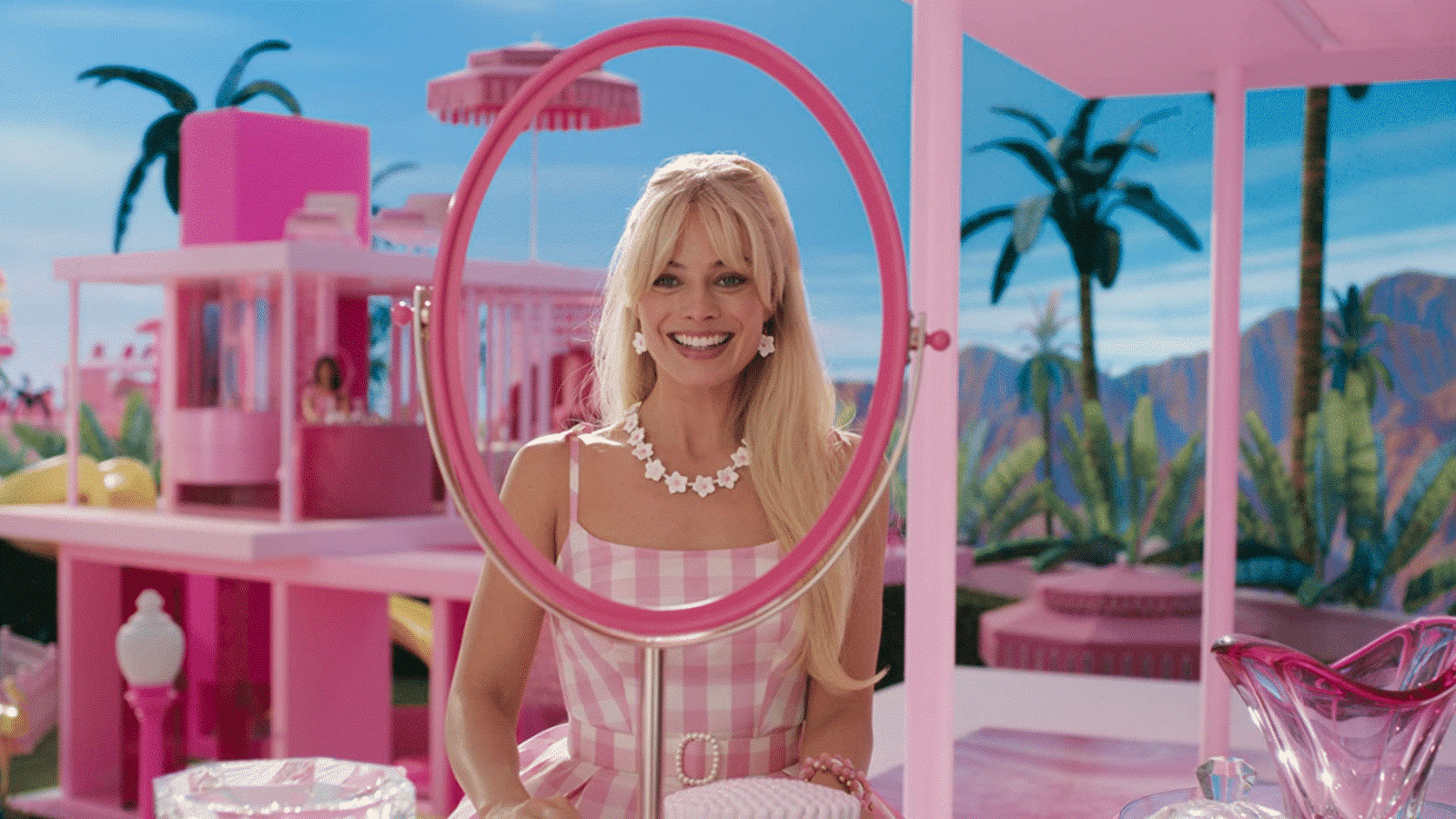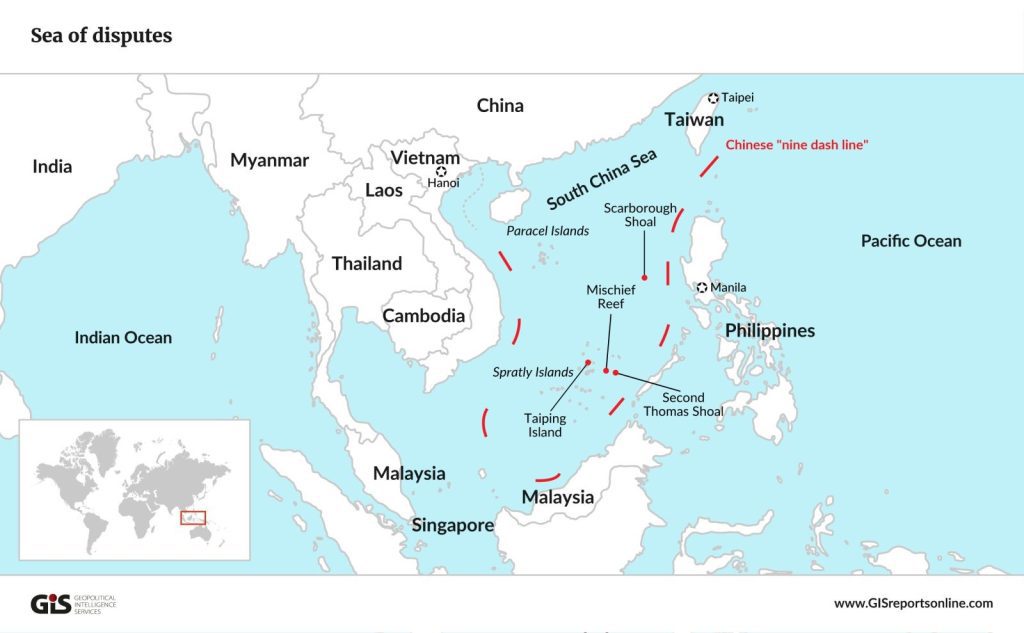
Explainer: Why has Vietnam banned 'Barbie', the movie?

Barbie, the popular iconic American fashion doll has unwittingly got enmeshed in southeast Asian geopolitics, it seems.
On the eve of the release of the Warner Bros much-awaited picture, ‘Barbie’, starring Margot Robbie and Ryan Gosling, which triggered a lot of interest on social media, Vietnam has banned commercial screenings of the film in their country. The Greta Gerwig directorial, which takes a comedic look at the famous doll’s journey from her fever-dream fantasy land into the real world along with long-time boyfriend Ken, is slated to hit theatres on July 21.
But, the film will not be screened in theatres in Vietnam.
What prompted the ban? An offensive image
Vietnam’s Department of Cinema, a government body in charge of licensing and censoring foreign films, has said that the film has been banned over a scene featuring a map that shows China’s disputed claims over territories in the South China Sea, said news reports.
In the movie, one of the scenes allegedly depict China’s controversial and “offensive” image of the ‘nine-dash’ line, which violates Vietnam’s border and constitutes “prohibited content”.

What is the ‘nine-dash line’?
The U-shaped ‘nine-dash line’, also known as the ‘U-shaped line’ or ‘cow’s tongue’ comprises nine dashes. It is used on Chinese maps to showcase the Asian giant’s claims over vast areas of the South China Sea.
Also read: Explained: Hollywood’s strike and why actors too may join writers
The ‘nine-dash line’ that is over 2000 km long, starts from mainland China and reaches waters close to Indonesia and Malaysia and extends off the coast of China’s Hainan Island, and runs close to the coast of Vietnam, deep into the South China Sea, enclosing the Spratly Islands.
North of Borneo, near the coasts of Malaysia and Brunei, the line turns and runs to the west of the Philippines and ends just to the south of Taiwan.
What is the controversy?
The areas that China has marked in its nine-dash line includes areas that Vietnam considers its continental shelf, where it has awarded oil concessions.
The South China seas, which is known to be an energy-rich waterway, covering some 1.4 million square miles, with one third of international shipping plying its waters, has been a hotbed of claims and counter-claims by different Southeast Asian nations, Taiwan and China.
Despite international arbitration on some of these assertions, there has been no clear resolution to these claims and the South China Sea continues to be controversial and marked by militarisation.
What is China’s stand?
Though China’s claim in the South China seas has been struck down through an international arbitration ruling by a court in The Hague in 2016, the country refuses to recognise the ruling. China has allegedly harassed foreign naval and military aircraft passing through the South China sea region, intimidated Vietnamese and other foreign fishermen, asserted rights to explore and exploit maritime oil and gas reserves, and continues to publish maps depicting the nine-dash line claim.
Also read: Asteroid City and the artistry behind Wes Anderson’s quirky, whimsical cinematic universe
Has Vietnam banned other films before?
Over the last few years, Vietnam has been the most vocal opponent of China’s claim over the South China Sea. In 2019, the Vietnamese government refused to allow DreamWorks’ animated film ‘Abominable’ to screen the film in the theatres for the same reason. A scene in the film showed a map that supports China’s claims to the South China Sea. In 2022 too, the south-east Asian country refused Sony’s action movie ‘Unchartered’ in the theatres. Netflix had to remove an Australian spy drama ‘Pine Gap’ in 2021.
Time and again, Vietnam, like other south east Asian countries, has shown that it is sensitive to such depictions in popular cinema. ‘Barbie’ is the latest target.


